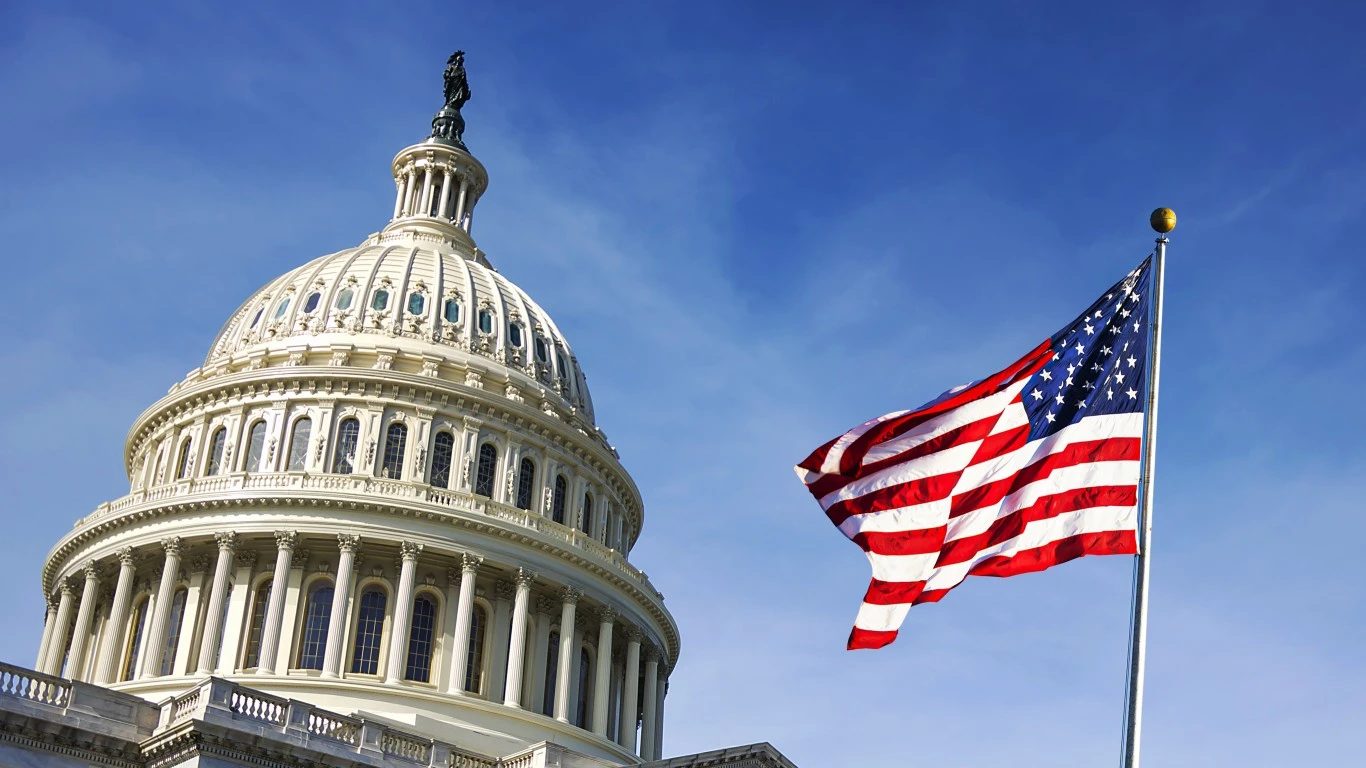
House Committee on Oversight and Reform announced on Tuesday, August 30th, that it is stepping up its efforts to curb fraud involving cryptocurrencies. Today’s action entails the sending of a number of letters to various crypto exchanges and agencies inquiring what they are doing to safeguard consumers.
Congressional Inquiry into Crypto Fraud
Rep. Raja Krishnamoorthi, Chair of the Subcommittee on Economic and Consumer Policy, sent several letters bearing questions on crypto fraud prevention to various agencies and businesses. The nine letters universally contain two key elements.
The first important part of each letter lists the documents and information the recipient is to deliver to the House Committee by September 12th. Every letter lists four demands with these generally being—as taken from the one addressed to the SEC—the following:
1. All policies, guidance or other official documents regarding SEC’s efforts to
combat cryptoelated scams and fraud and inform consumers about the risks
related to investments in cryptocurrencies, excluding documents related to
specific investigations or enforcement actions conducted by the agency;
2. All policies, guidance, or other official documents regarding SEC’s authority to
identify and investigate potentially fraudulent digital assets or accounts used on
cryptocurrency exchanges associated with illicit activities;
3. All policies, guidance, or other official documents setting out SEC’s regulatory
authority concerning cryptocurrencies, cryptocurrency exchanges, or cryptoelated fraud and abuse;
4. All policies, guidance, or other official documents setting out the existing
framework for interagency cooperation on the regulation of cryptocurrencies,
cryptocurrency exchanges, and other digital assets.
The letters also list a set of questions for each of the recipients. These tend to include inquiries on how each agency or firm assesses the risks of digital assets, and how they inform users of the potential dangers of investing. Rep. Krishnamoorthi also inquired what the Federal government could do to help combat cryptoelated fraud and theft.
Which Agencies and Exchanges Got a Letter From Congress?
The announcement from Congress came just as the FBI warned that $1.3 billion were stolen in cryptoelated theft in Q1 2022 alone. The Committee issued its letters to four government agencies inquiring as to which systems were already in place to combat crypto crime. These agencies are the Department of Treasury, the Securities and Exchange Commission, the Commodity Futures Trading Commission, and the Federal Trade Commission.
Chair Krishnamoorthi expressed concern over the nowampant prevalence of fraud in the crypto space. According to the Congressman “the lack of a central authority to flag suspicious transactions in many situations, the irreversibility of transactions, and the limited understanding many consumers and investors have of the underlying technology make cryptocurrency a preferred transaction method for scammers.”
Several prominent crypto exchanges have also been summoned to answer the Committee’s questions. These are Binance.US, Coinbase, FTX, Kraken, KuCoin. The choice of firms that have received a letter is somewhat peculiar as, for example, KuCoin isn’t licensed in the US. Furthermore, Bincance.US received an inquiry rather than Binance itself, while one was aimed specifically at FTX as opposed to FTX US which notably received a cease and desist letter from FDIC on the 19th.
Considering that 2022 is shaping out to be the year of government crypto regulation, it isn’t too surprising that the Subcommittee on Economic and Consumer Policy is taking an interest in digital assets. Considering the alarming data published both by FTC and by the FBI, the pressure is unlikely to subside. The government interest might even be welcomed by some as various scams are causing consumers millions each year—as exemplified by a recent NFT disappearing act that spirited away $815,000 of investors’ money.
This article originally appeared on The Tokenist
Sponsored: Find a Qualified Financial Advisor
Finding a qualified financial advisor doesn’t have to be hard. SmartAsset’s free tool matches you with up to 3 fiduciary financial advisors in your area in 5 minutes. Each advisor has been vetted by SmartAsset and is held to a fiduciary standard to act in your best interests. If you’re ready to be matched with local advisors that can help you achieve your financial goals, get started now.






